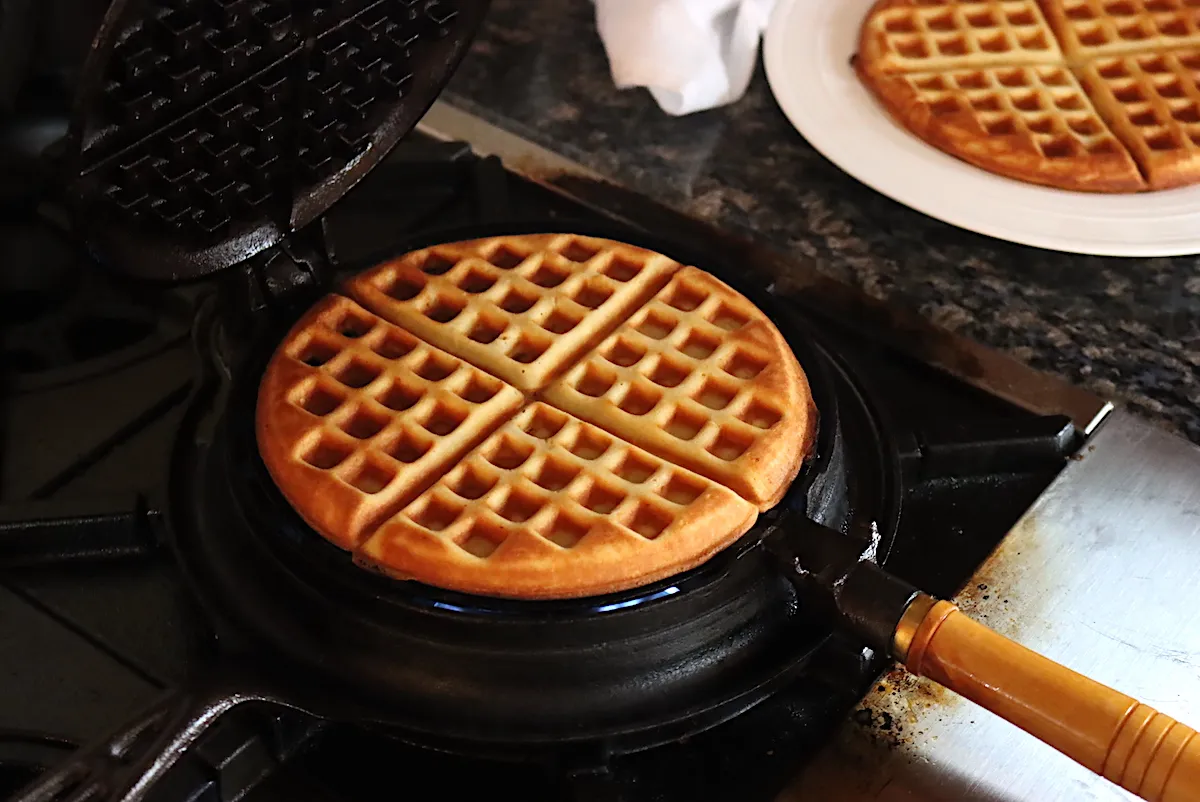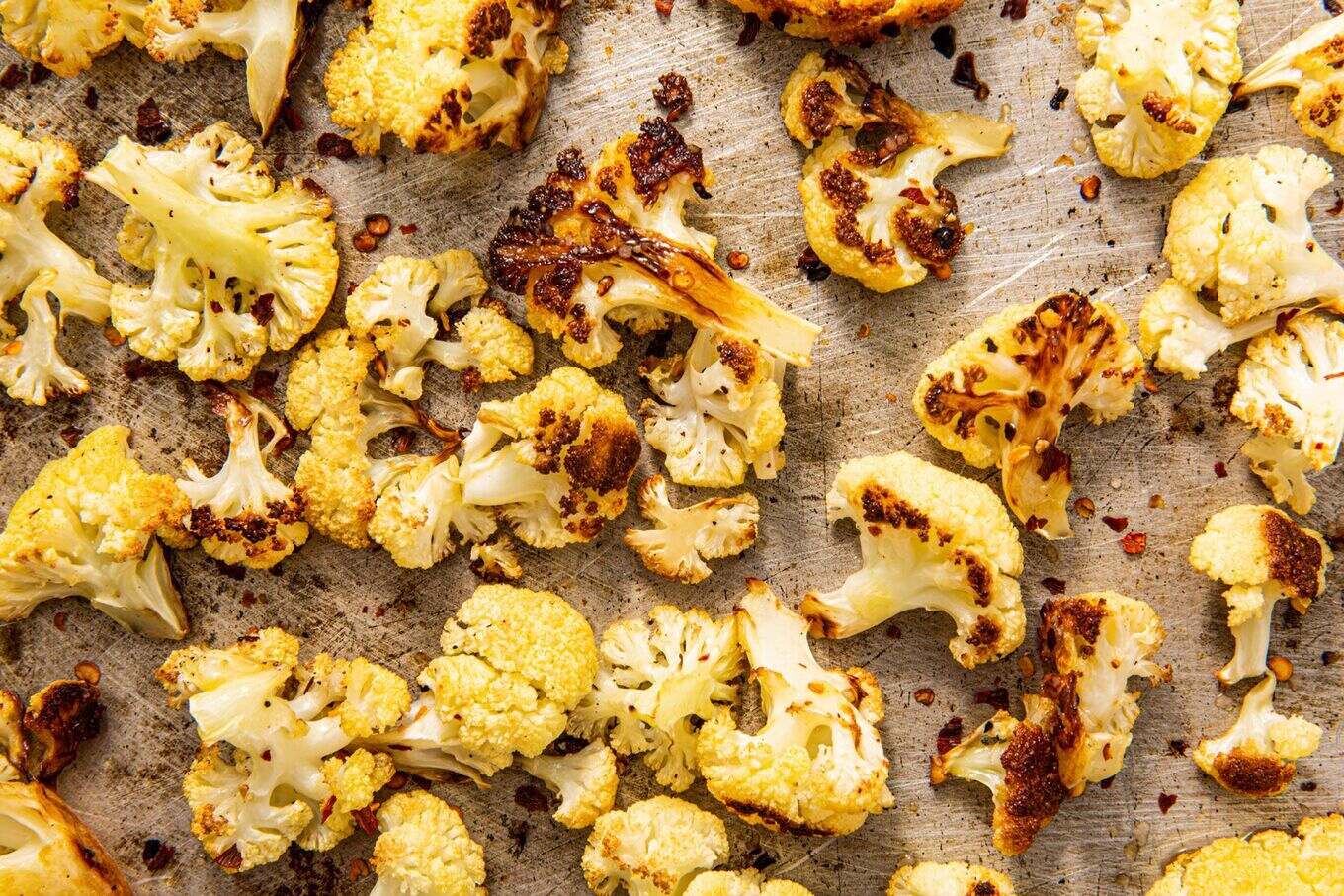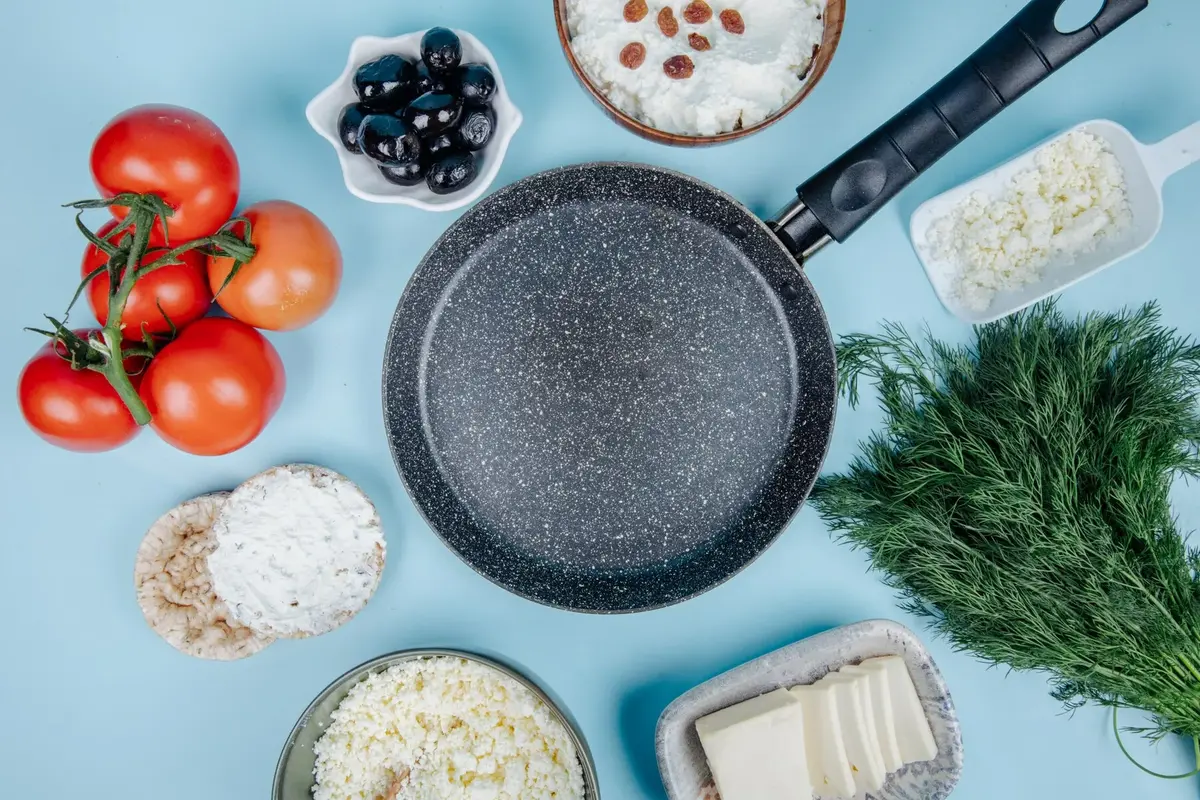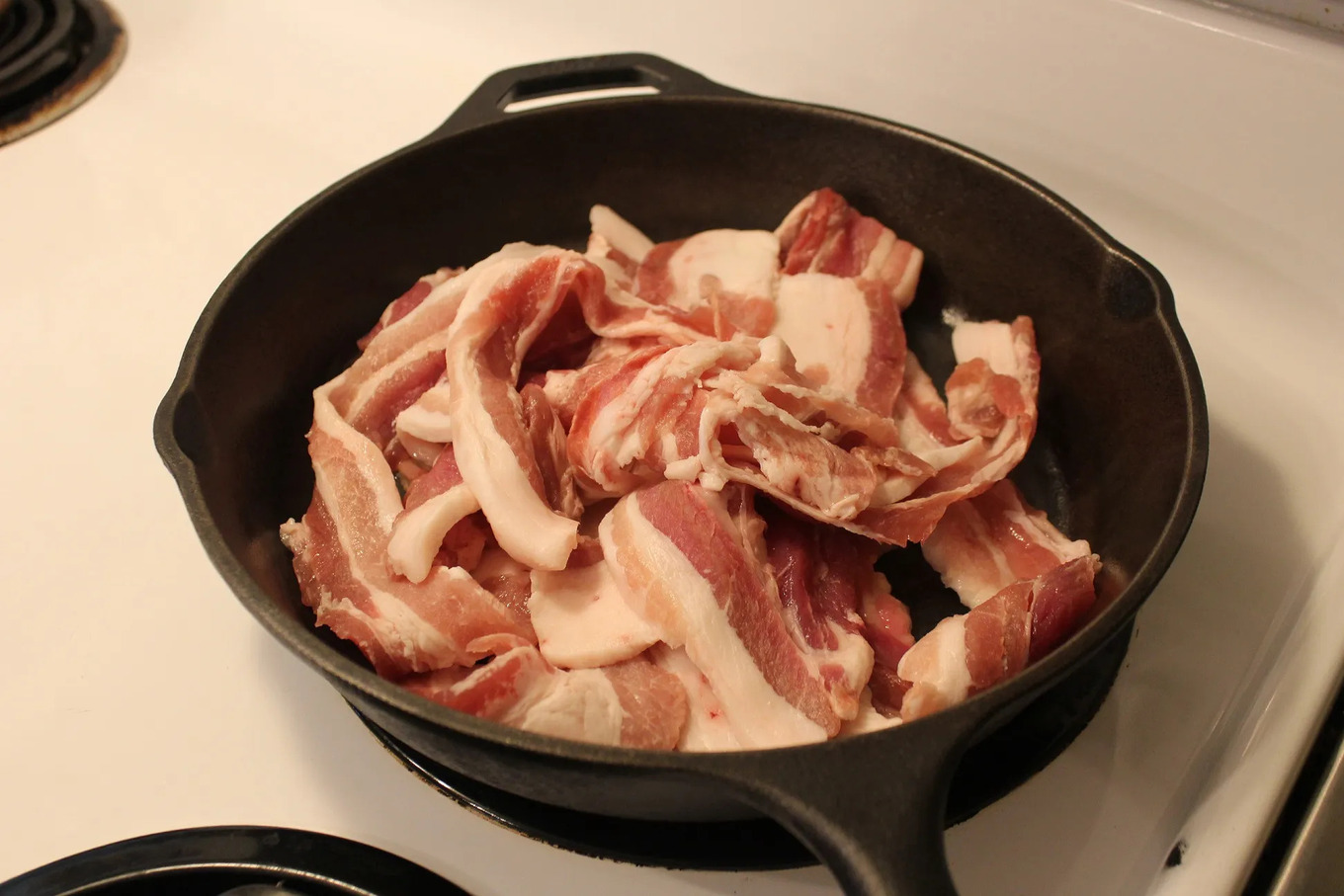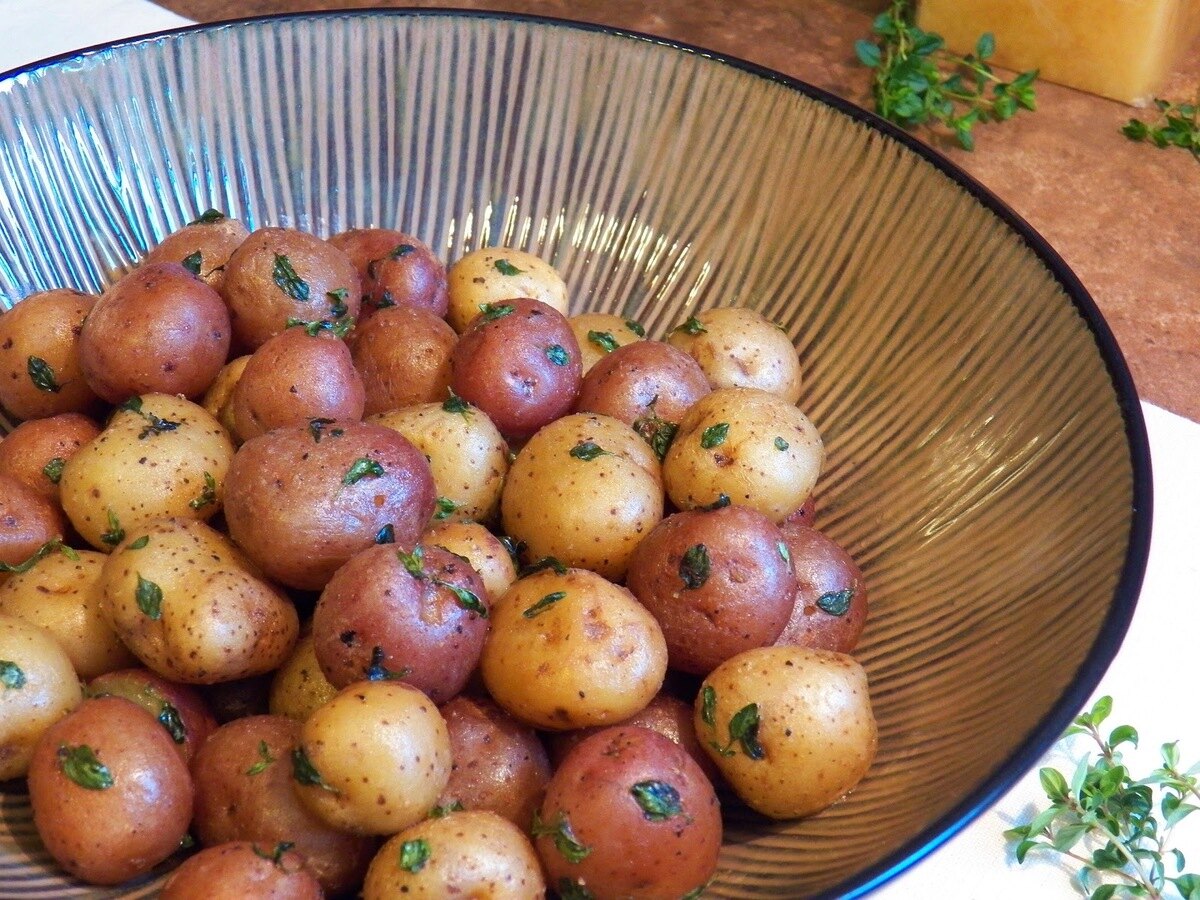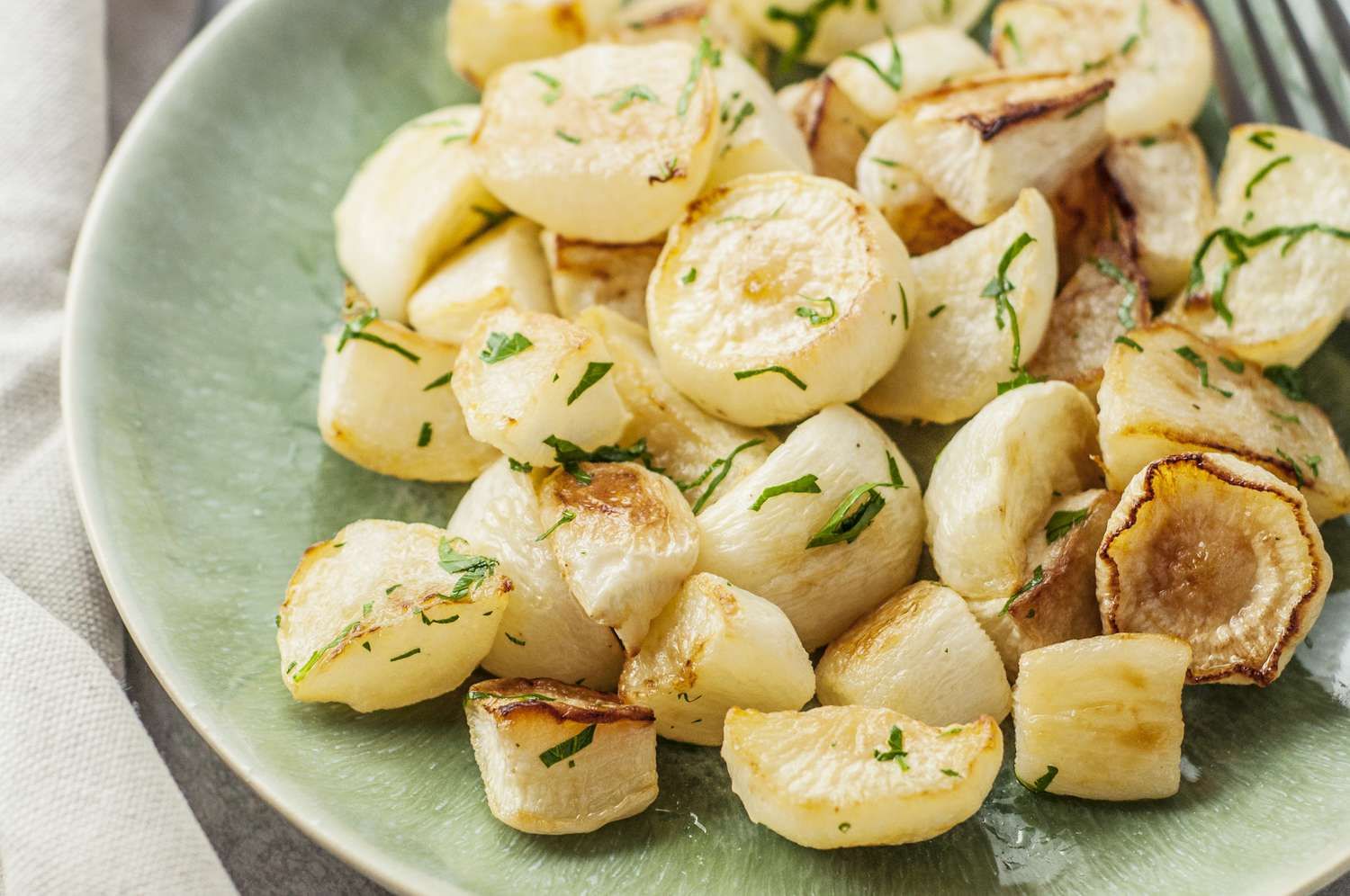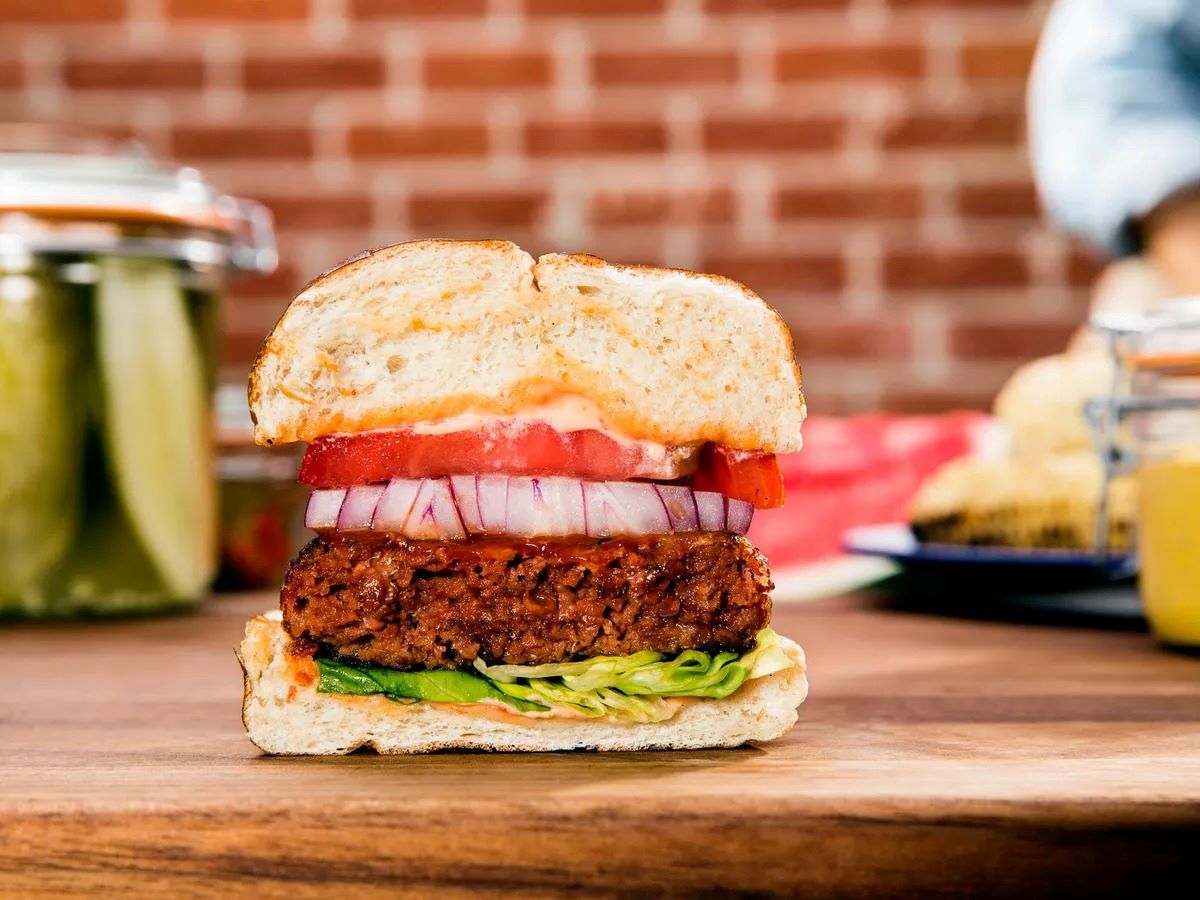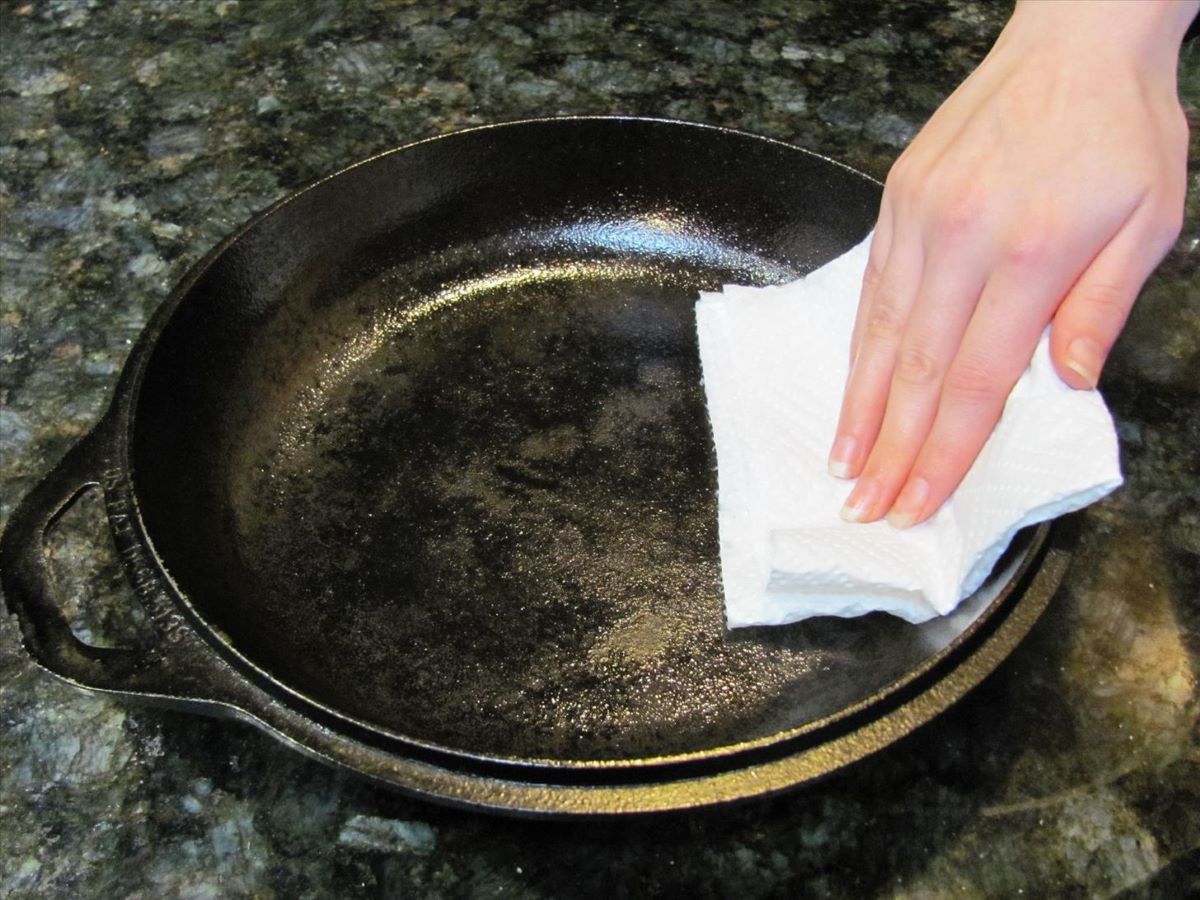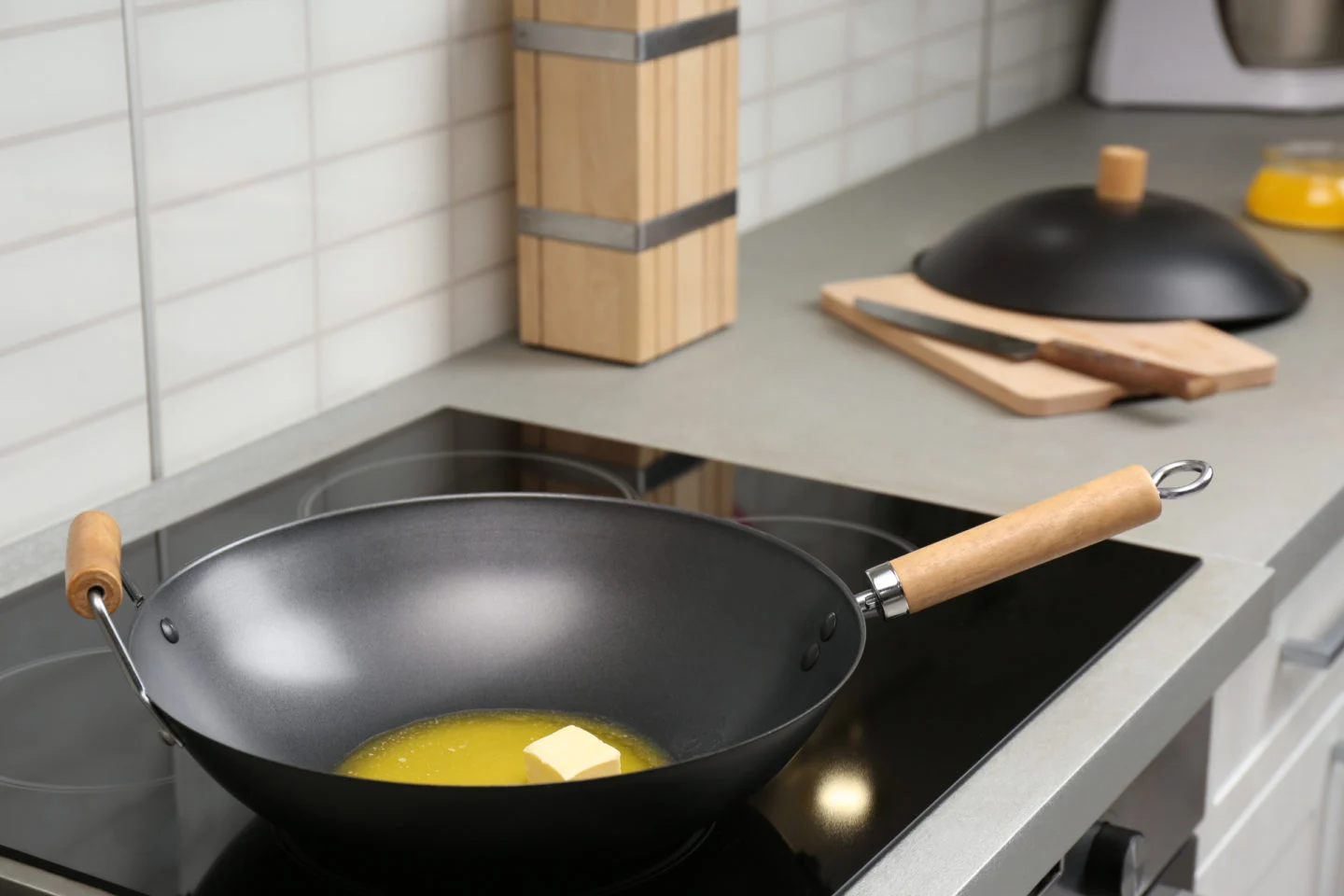Wooden spoons are a staple in many kitchens, prized for their durability and versatility. However, to ensure that your wooden spoons remain in top condition, it's important to properly season them. Seasoning wood spoons not only helps to protect them from damage but also enhances their natural beauty and prolongs their lifespan. In this guide, we'll walk you through the steps to effectively season your wooden spoons, keeping them in excellent shape for years to come.
Why Seasoning Wood Spoons Is Important
Wood is a porous material, which means that it can absorb flavors and odors from the food it comes into contact with. Unseasoned wood spoons are more prone to cracking, warping, and absorbing moisture, which can lead to bacterial growth. By properly seasoning your wooden spoons, you create a protective barrier that helps to prevent these issues, making them more durable and safe for use in the kitchen.
Materials You’ll Need
Before you begin the seasoning process, gather the following materials:
- Wooden spoons
- Food-grade mineral oil or coconut oil
- Clean, soft cloth
- Sandpaper (if the spoons have rough spots or splinters)
The Seasoning Process
Follow these steps to properly season your wooden spoons:
- Inspect the Spoons: Before you begin, carefully inspect the wooden spoons for any rough spots, splinters, or other imperfections. If you find any, gently sand them down until the surface is smooth to the touch.
- Clean the Spoons: Wash the wooden spoons with warm, soapy water to remove any dirt, food particles, and bacteria. Allow them to dry completely before proceeding to the next step.
- Apply the Oil: Using a clean, soft cloth, apply a generous amount of food-grade mineral oil or coconut oil to the entire surface of the wooden spoons. Make sure to coat the spoons evenly, including the handle and any crevices.
- Let the Oil Penetrate: Allow the oil to penetrate the wood for several hours or overnight. This will help the wood to absorb the oil, creating a protective barrier and nourishing the wood to prevent drying and cracking.
- Wipe off Excess Oil: After the oil has had time to penetrate the wood, use a clean cloth to wipe off any excess oil from the surface of the spoons. This will help to prevent the spoons from feeling greasy when in use.
- Repeat as Needed: Depending on the condition of your wooden spoons, you may need to repeat the oiling process several times to achieve the desired level of seasoning. Regular re-seasoning will help to maintain the protective coating and keep the wood in optimal condition.
Tips for Maintaining Seasoned Wood Spoons
Once you’ve seasoned your wooden spoons, it’s important to take proper care of them to ensure that they remain in top condition. Here are some tips for maintaining seasoned wood spoons:
- Hand wash the spoons with mild soap and warm water, avoiding prolonged soaking.
- Periodically reapply a thin coat of oil to the spoons to maintain the protective barrier.
- Avoid exposing the spoons to extreme temperatures or prolonged periods of direct sunlight, as this can cause the wood to dry out and potentially crack.
- Inspect the spoons regularly for any signs of wear or damage, and address any issues promptly to prevent further deterioration.
By following these steps and tips, you can effectively season your wooden spoons, ensuring that they remain in excellent condition for all your cooking needs. Properly seasoned wood spoons not only enhance the cooking experience but also add a touch of natural beauty to your kitchen.
Was this page helpful?
Read Next: How To Season Cooked Ham
